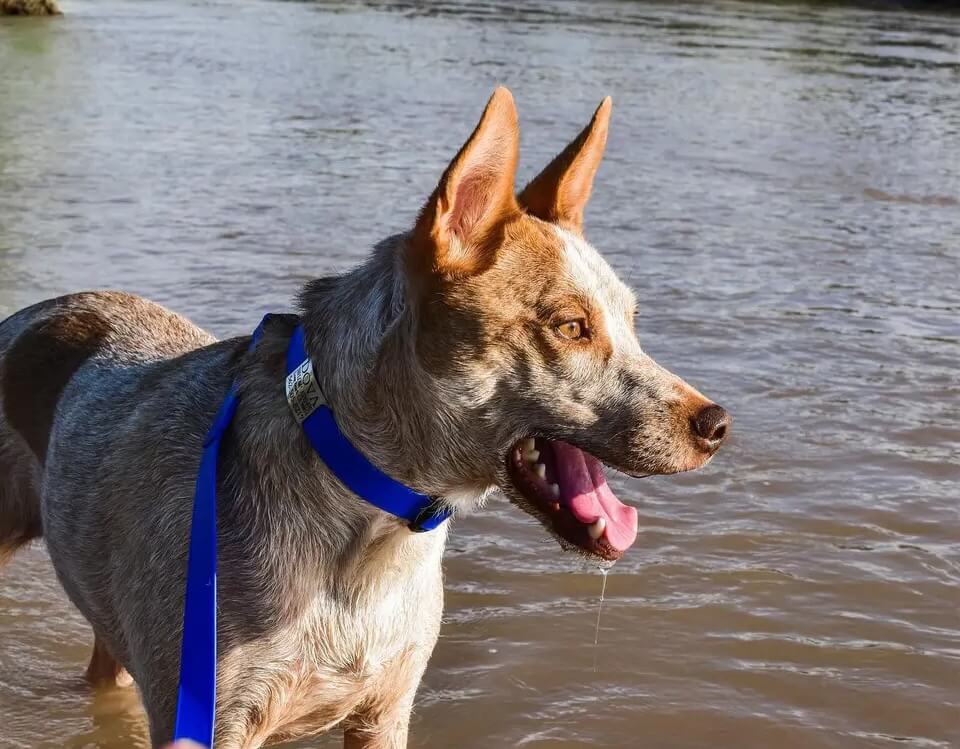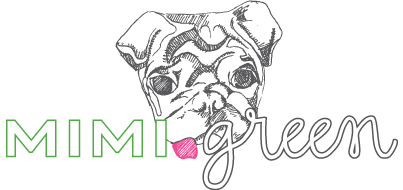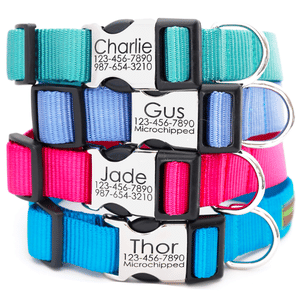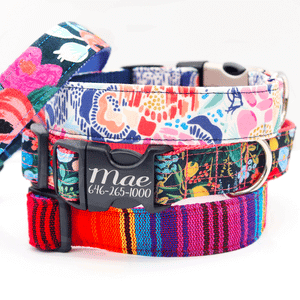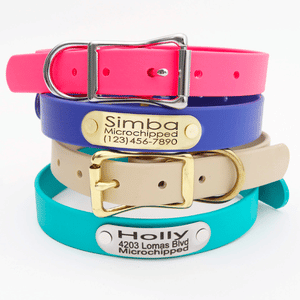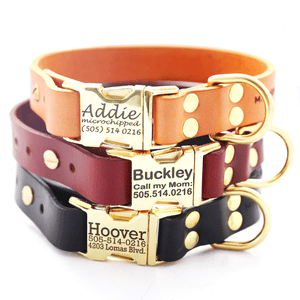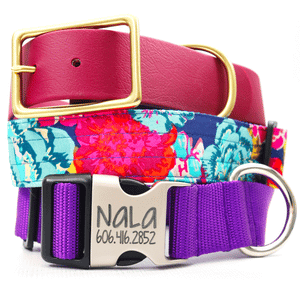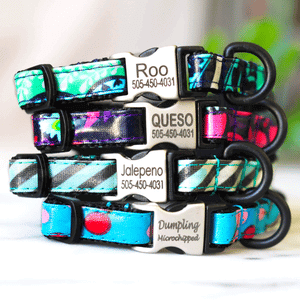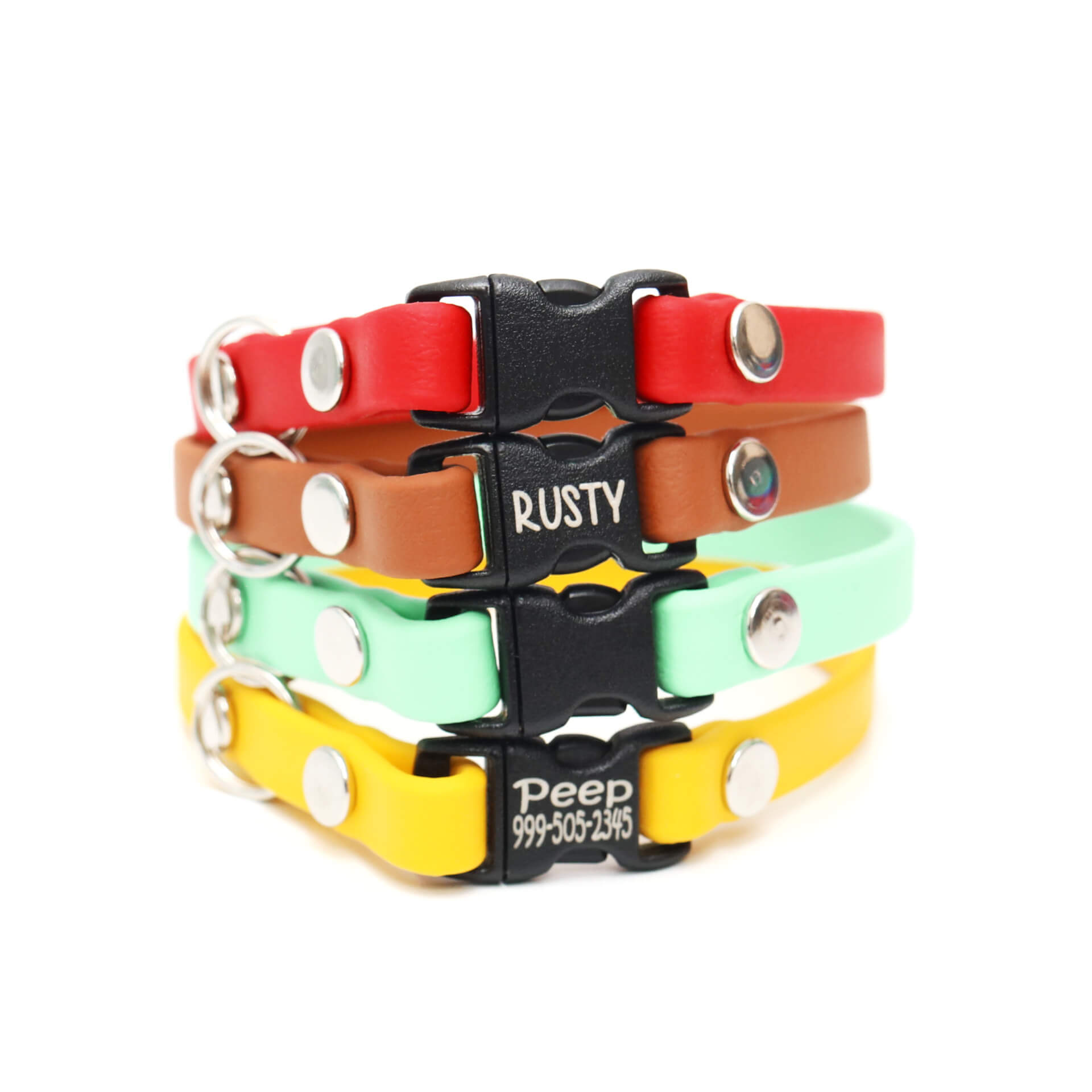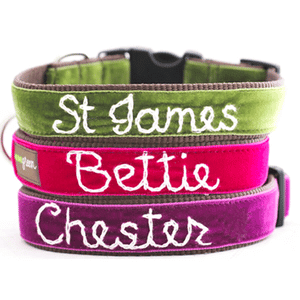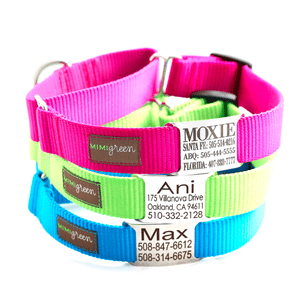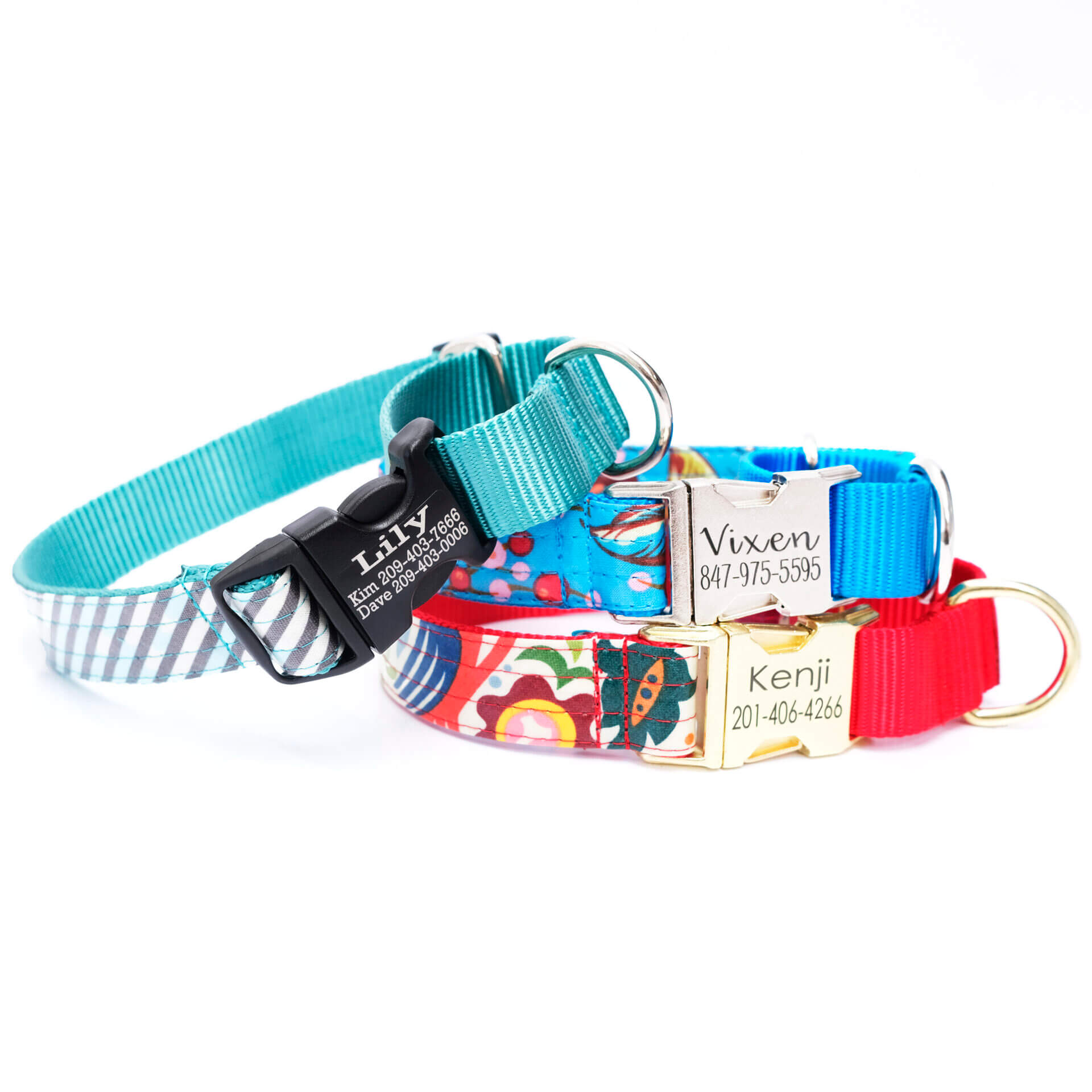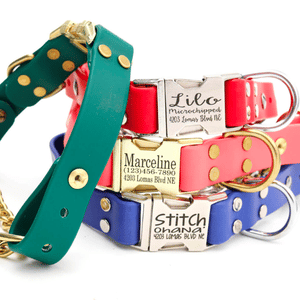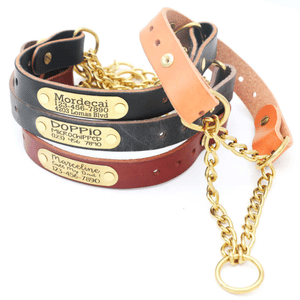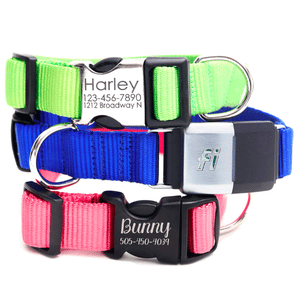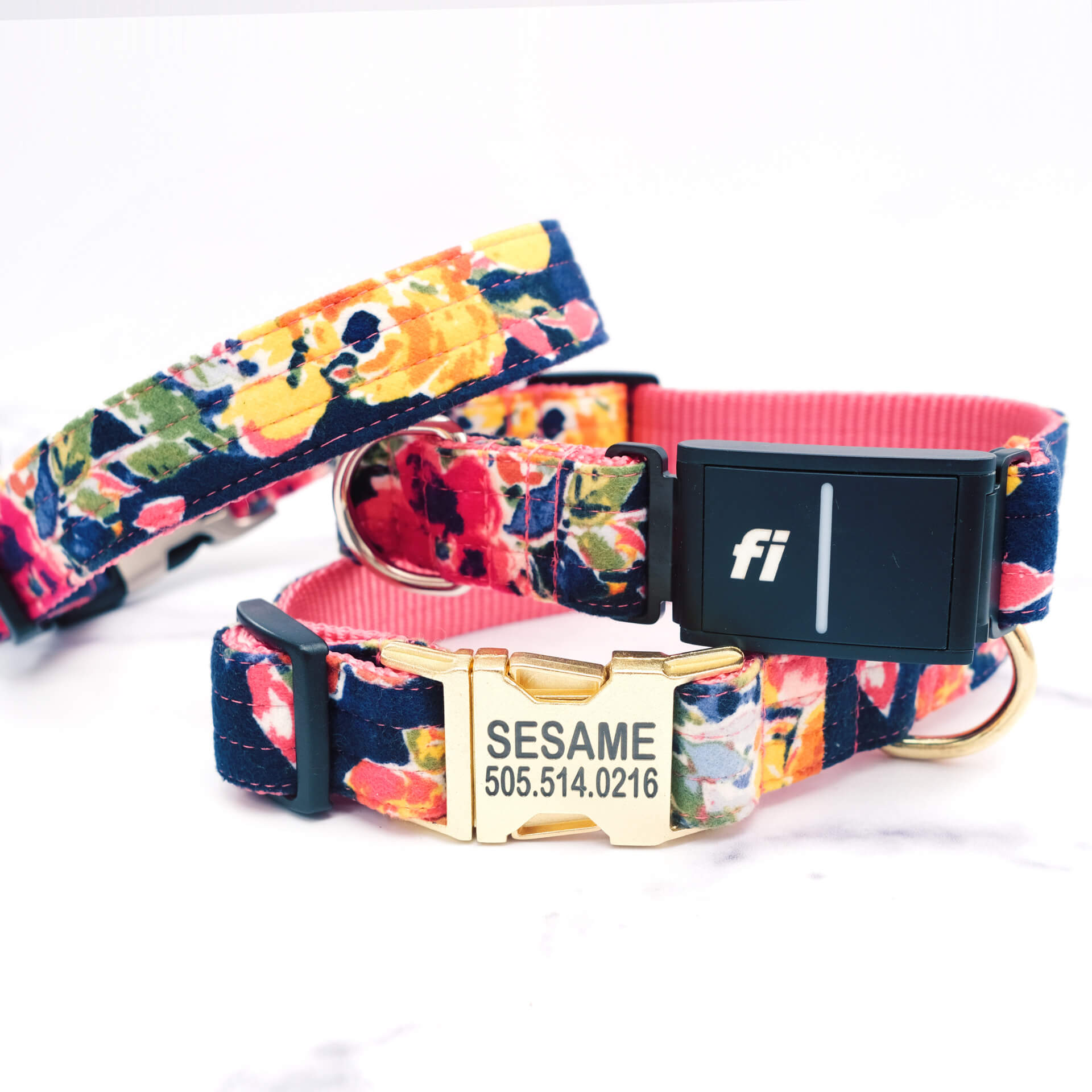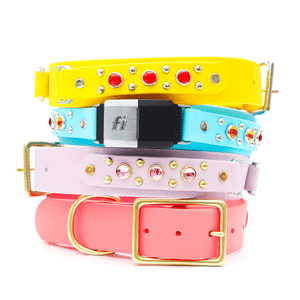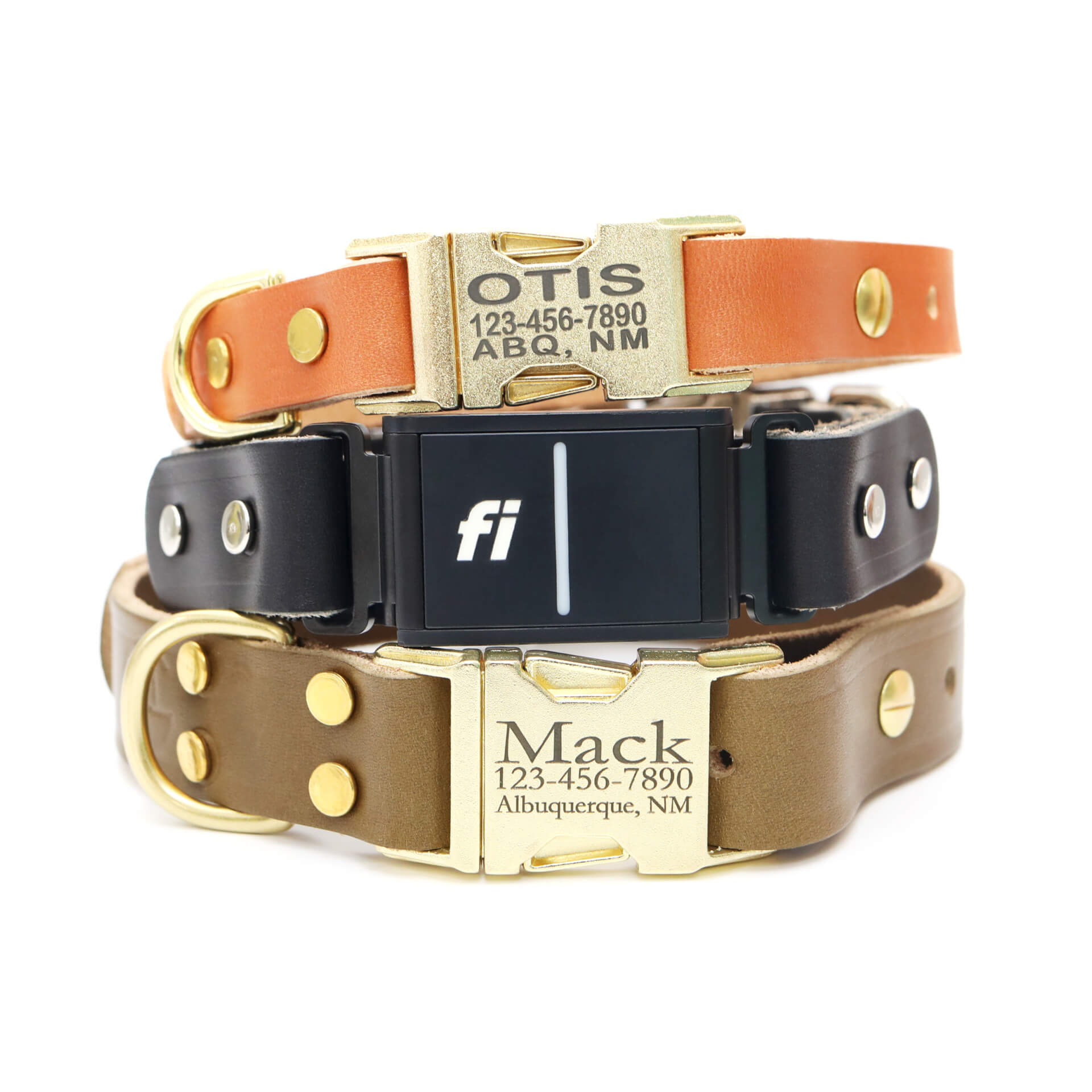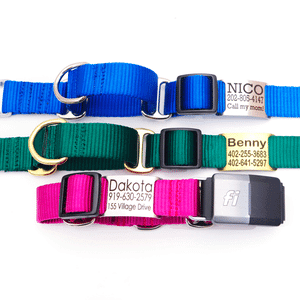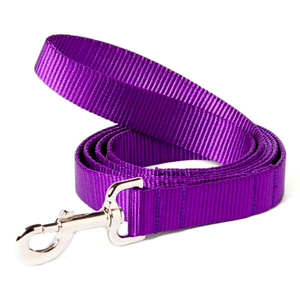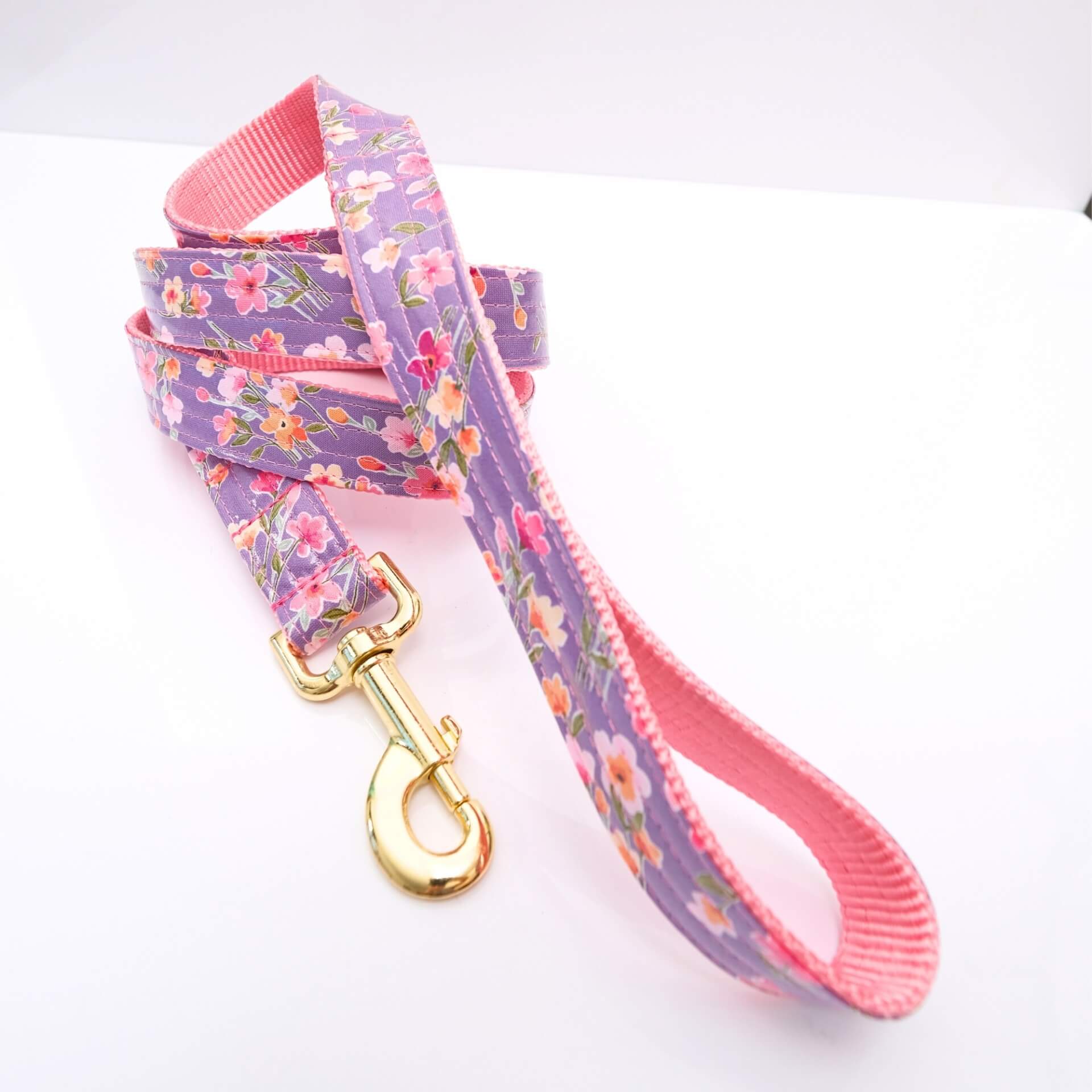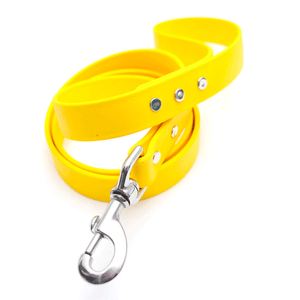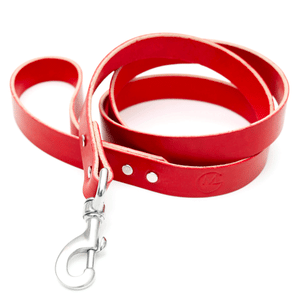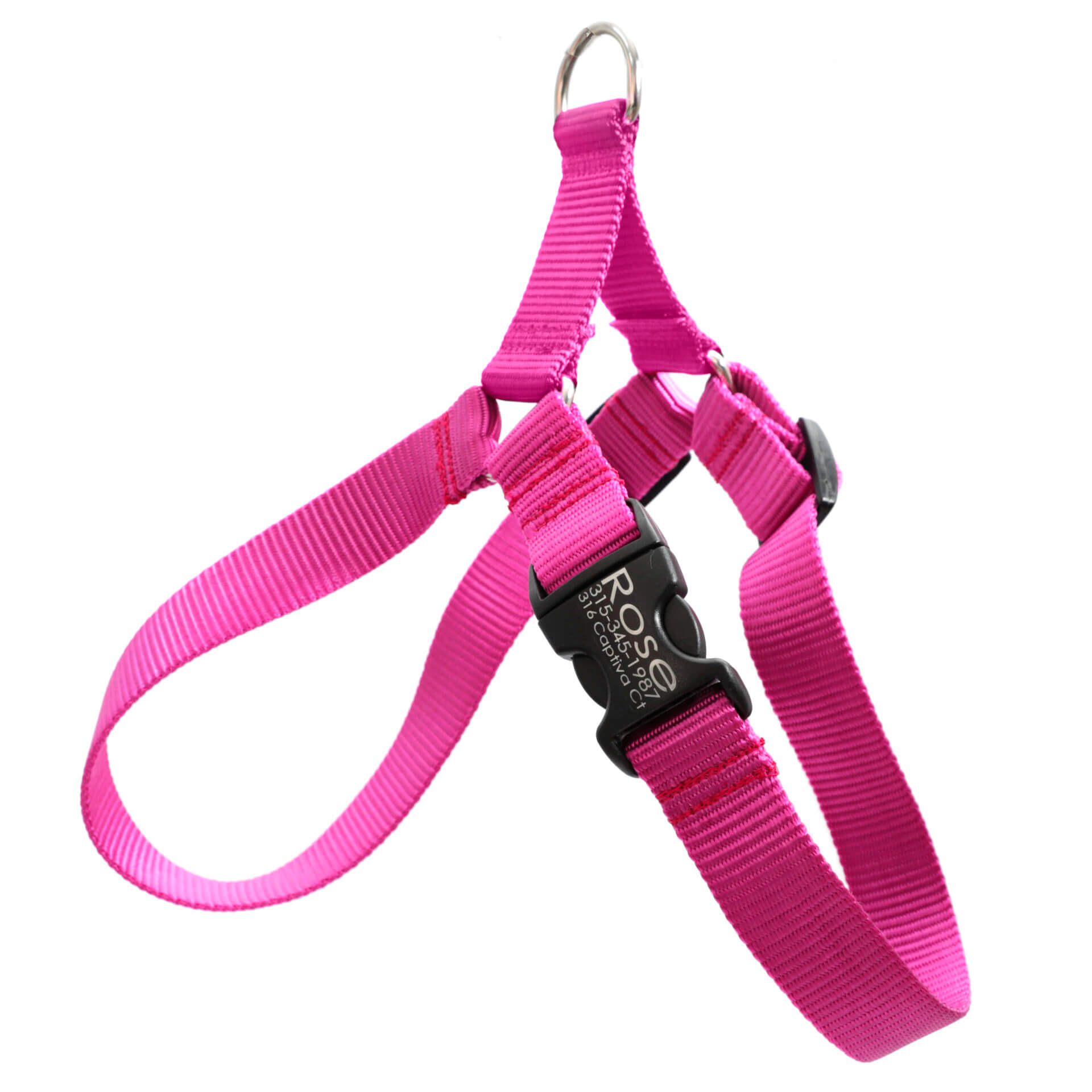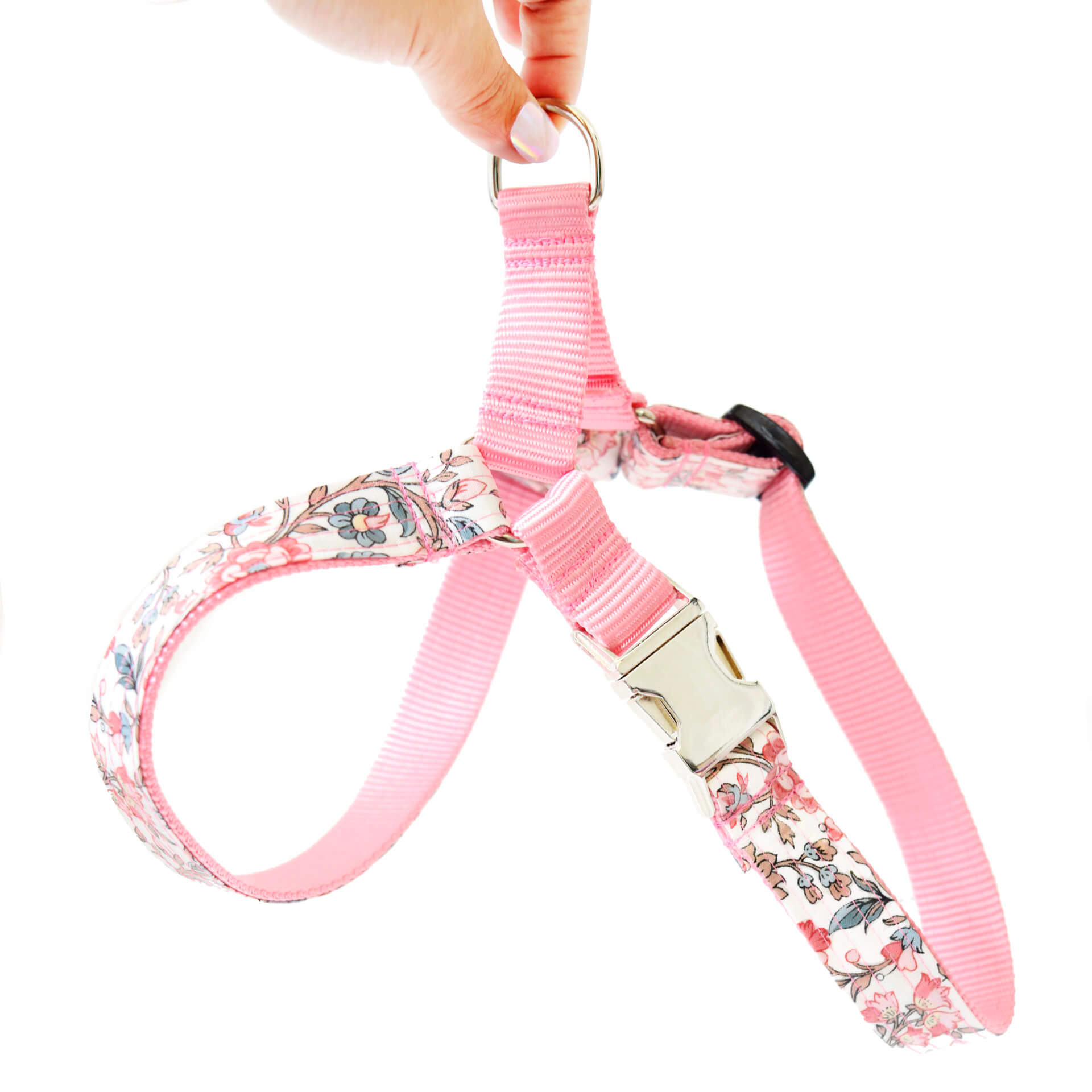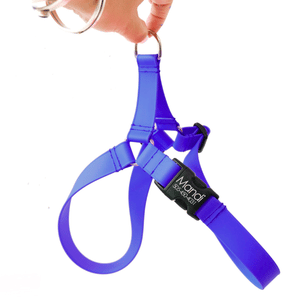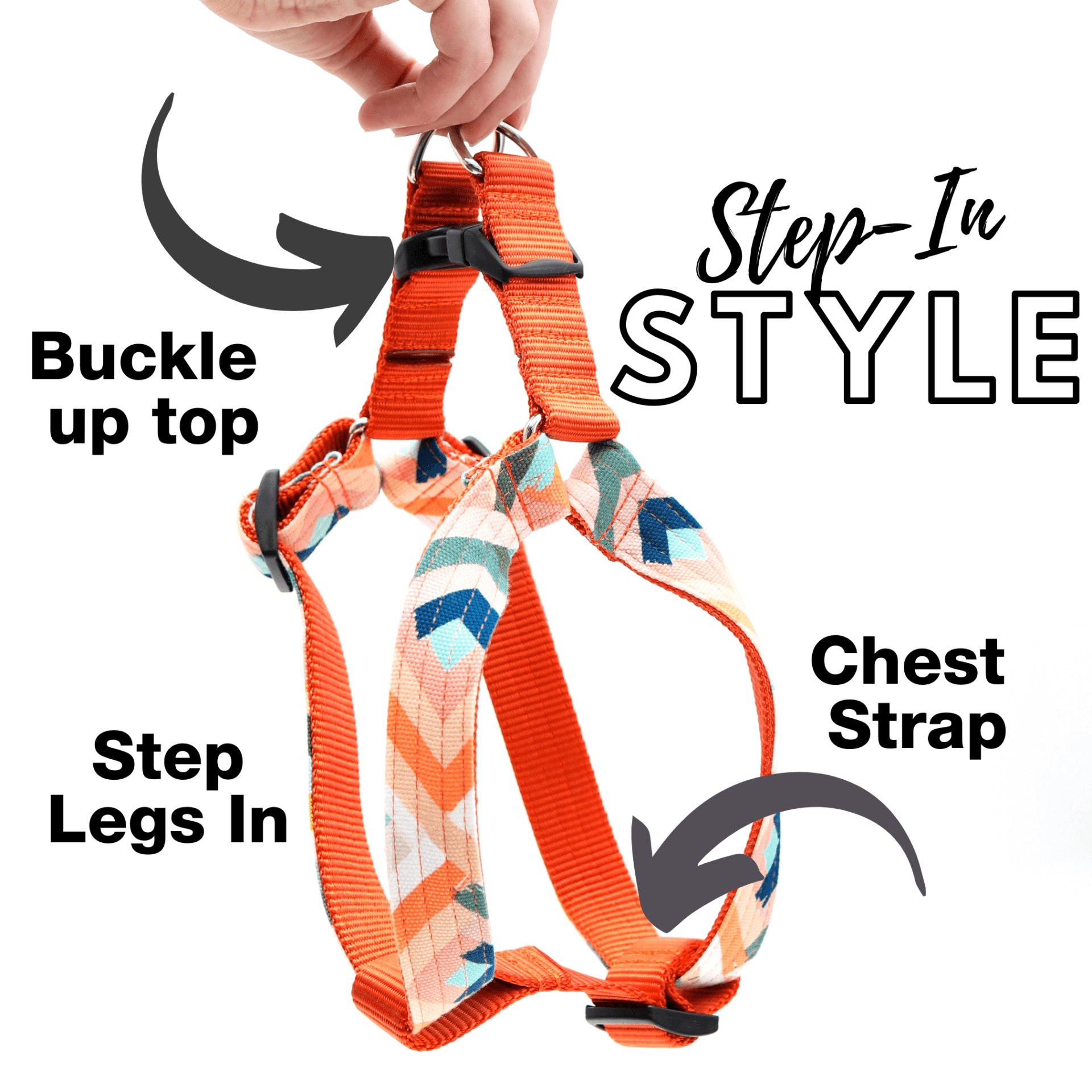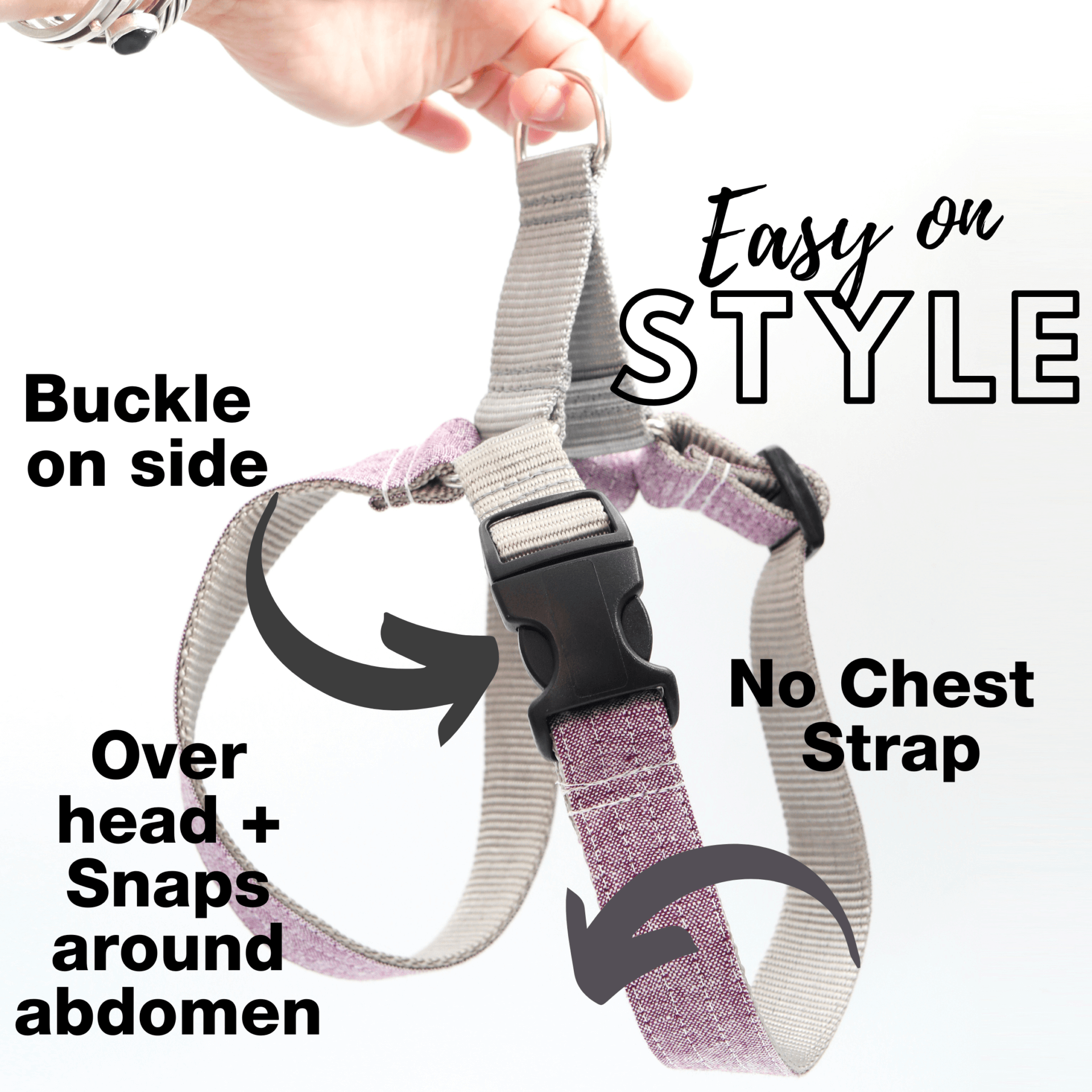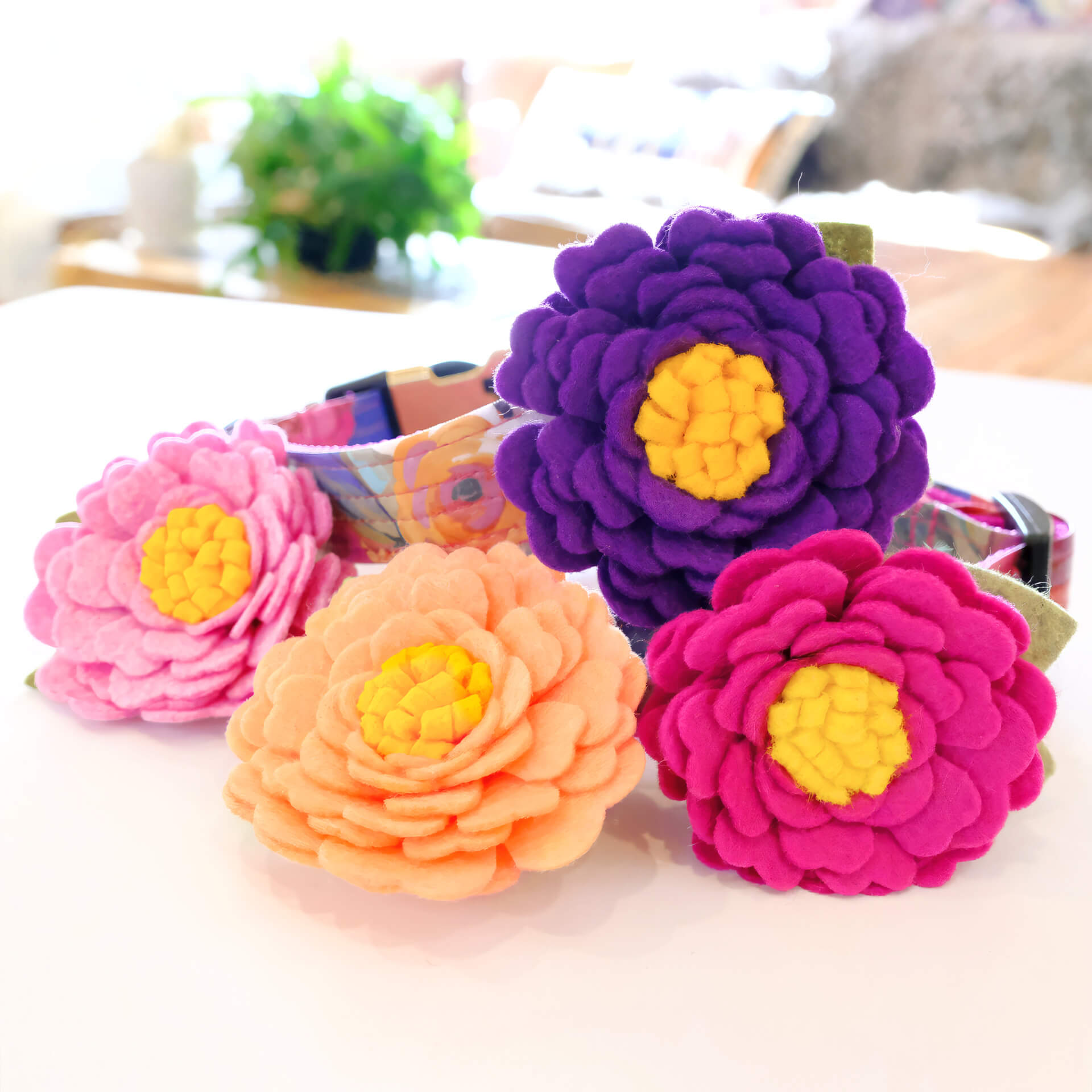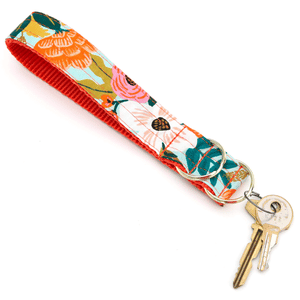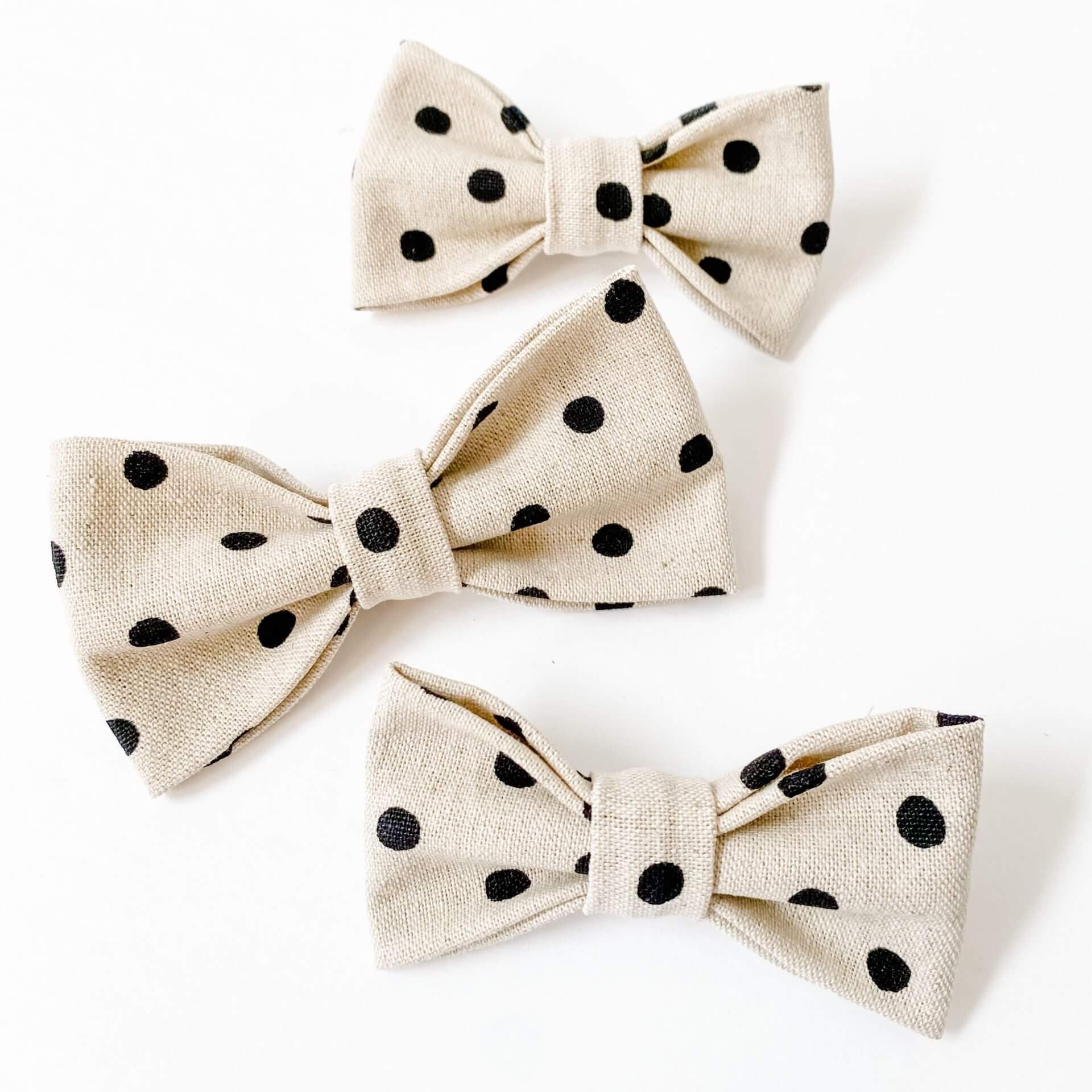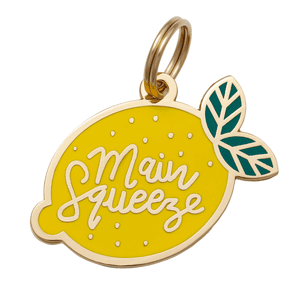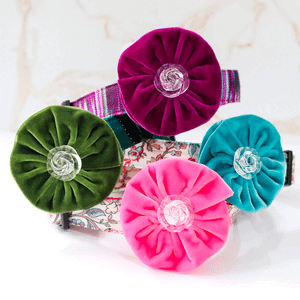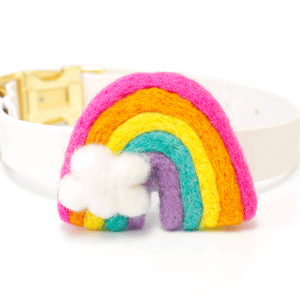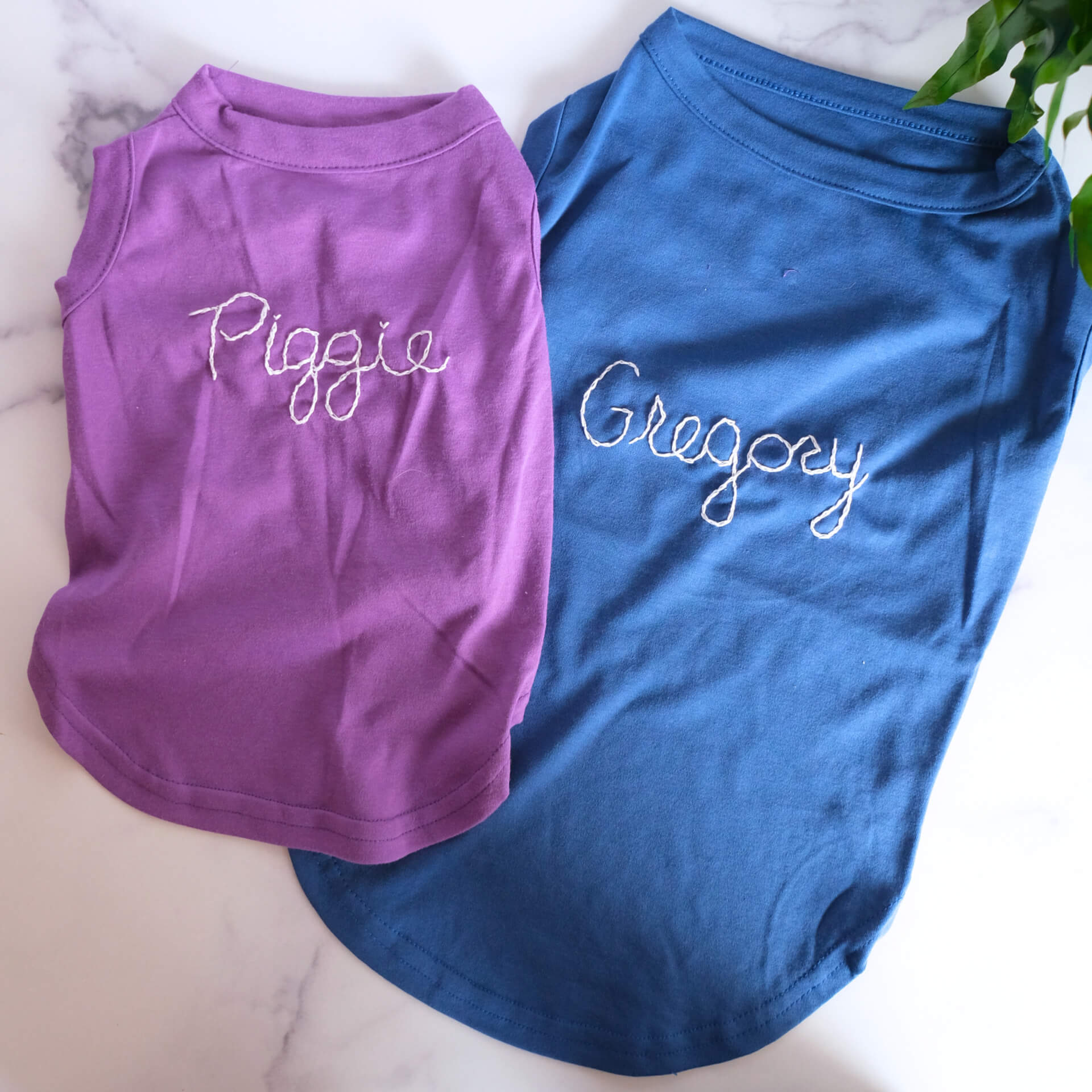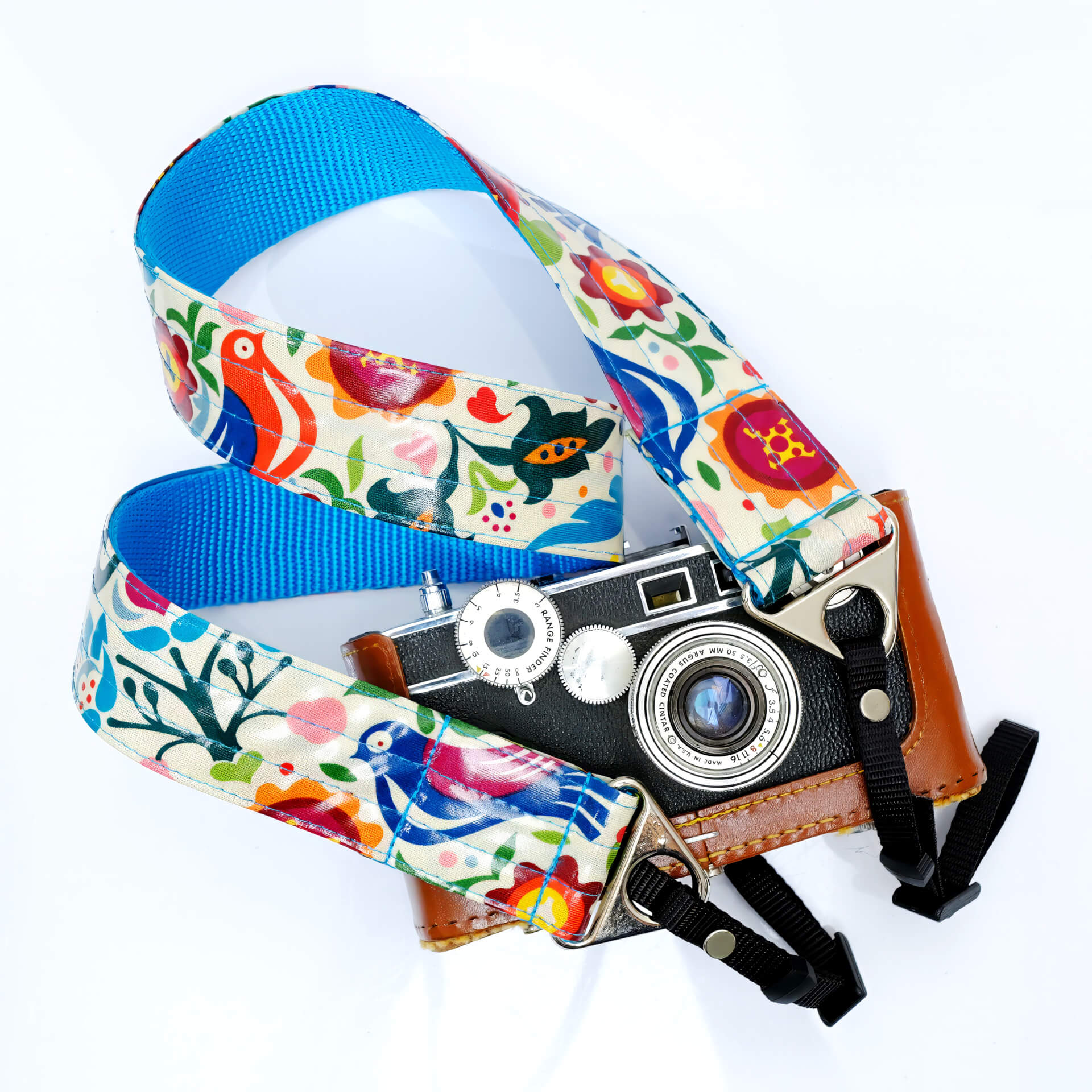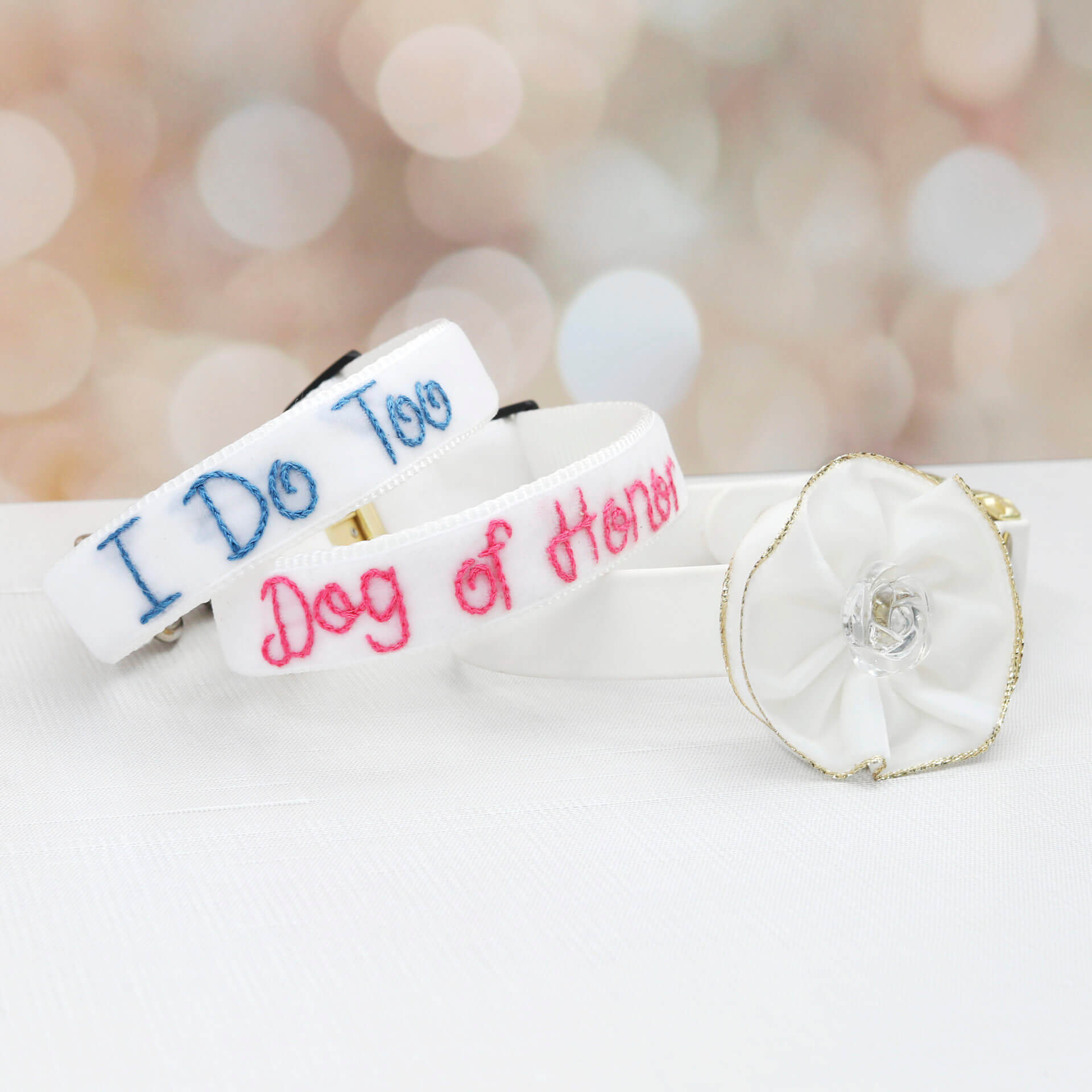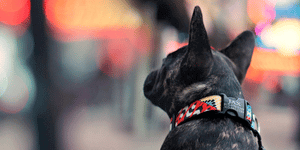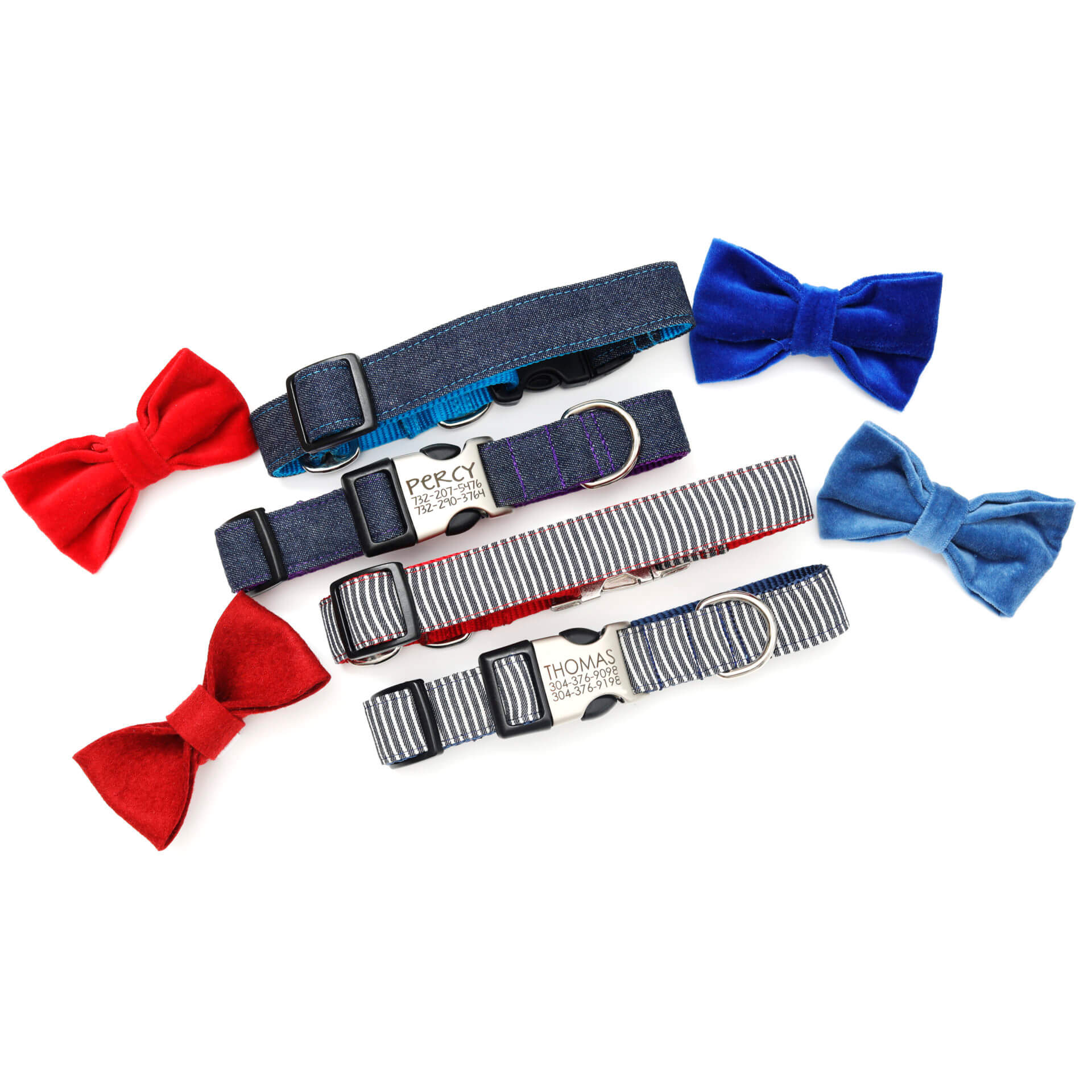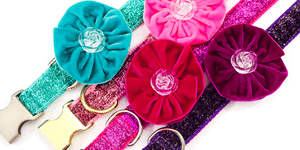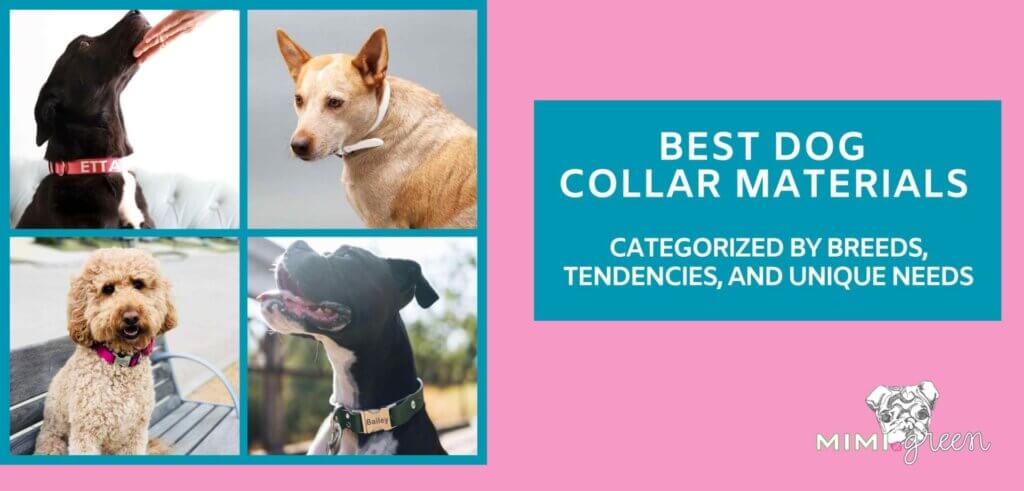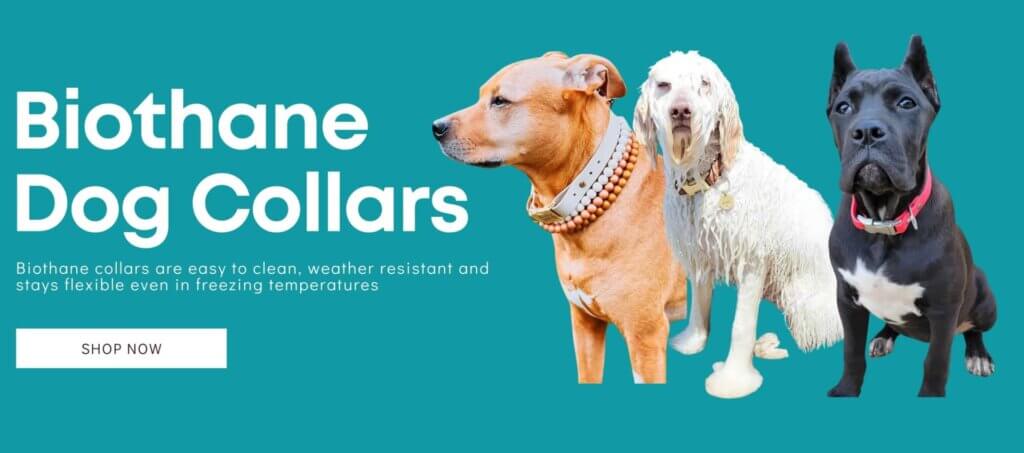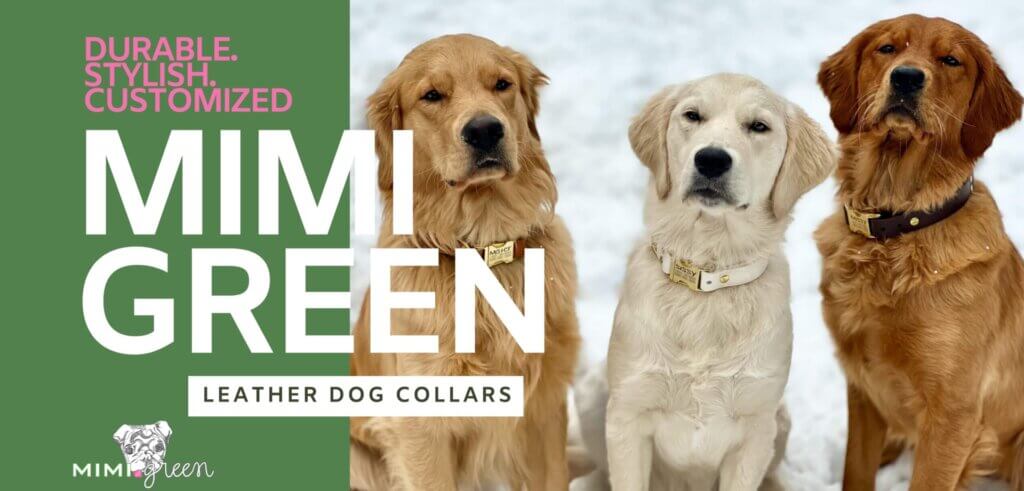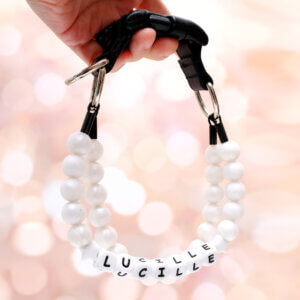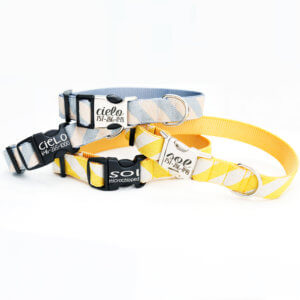Blog
Best Dog Collar Material | Choose Based On Coat, Preference, Lifestyle
No two dogs are alike, meaning you’ll want to choose the best dog collar material based on their coat, lifestyle, and your preference. This is why you’ll see dozens of dog collar types and materials on the market.
It’s a bit overwhelming, we know.
However, a well-fitted, comfortable collar is a must-have accessory, so you’re in the right place if you want to find the right collar material for your pup.
We’ll divide this article into seven different types of dogs. This will help you choose the material that fits your specific needs. To skip to any section, click the page jump below.
Best Material For Dogs With Sensitive Skin
Hypoallergenic collar materials like cotton and leather may reduce the chance of contact dermatitis in dogs with sensitive skin.

Does your dog have a collar rash or allergy symptoms around the neck area? Before buying a new collar, check the fit of the existing one. If it’s too tight or, less often, too large, how it interacts with the skin may cause a rash. If that isn’t the issue, or a better fit doesn’t help, purchase a collar from a different material.
If that’s not the case, you may need to buy them a new collar. It’s imperative that you choose a quality collar that fits their neck size. We can’t tell you what material will suit their skin because every dog is different. However, here are materials that usually suit dogs with sensitive skin.
- Cotton Dog Collars: Since cotton is a pure substance, it may be less likely to trigger an allergic reaction.
- Leather Dog Collars: Leather collars are made of natural materials that are great for sensitive skin. Quality leather collars are durable, meaning they adapt well to the preferred fit.
- Biothane Dog Collars: Biothane dog collars are waterproof and easy to clean, making them ideal for dogs that like to get dirty and wet. Their collars can become a cauldron for bacteria, fungi, and mold. Biothane technology can help combat this.
- Any Harness: If a collar is too irritating for your dog because they pull or have allergies, consider a harness. With our harnesses, you can still add custom engraving for identification.
Are You Making This Mistake?
Many pet-store collars are made from cheap nylon and other materials mixed with harsh chemicals. This is one of the benefits of buying a dog collar from a handmade seller like Mimi Green, who uses quality materials.
Best Material For Long, Curly & Double Coats (Matte Prone Collars)
Rolled leather may help reduce the chance of a longer coated dog experiencing matting or tangling.
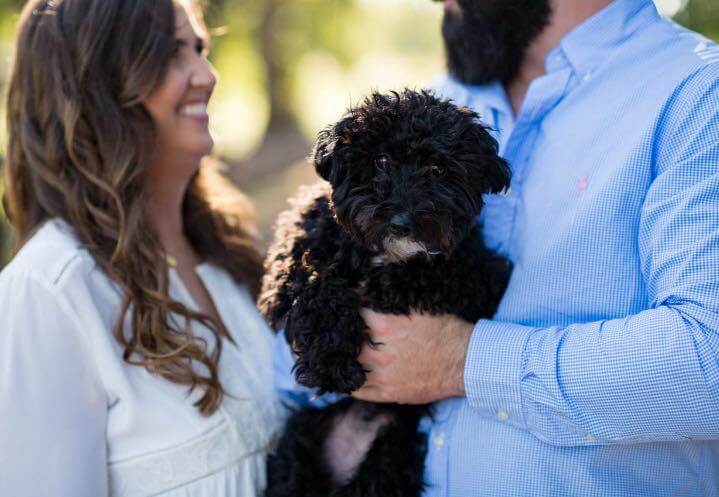
Rolled leather is a good option for dogs with long coats that lose hair where their collar flattens/rubs in. Because they are thinner, less skin is in contact with the collar, allowing it to glide more easily over their fur. These collars also do a good job of protecting their neck against the buckle.
Matting is caused by friction, and the neck areas easily matte or tangle with nylon breakable materials. Many poodle owners avoid wearing a collar unless they’re going for a walk. If you don’t have an escape prone dog, you could try this option.
Breeds with matte prone coats:
- Poodle, Bichon Frise, Shih Tzu, Maltese, Cocker Spaniel, Yorkshire Terrier, Lhasa Apso, Havanese, Cavalier King Charles Spaniel, and Golden Retriever.
Best Material For Short-Coated Dogs
Leather, biothane, and silk collars are best for dogs with short coats because they may prevent chafing and discomfort.

Short-coated dogs are more susceptible to rubbing and chafing from collars. This can lead to hair loss, skin irritation, and discomfort.
If your dog shows any of the above signs, the first easy check you can make is their collar’s fit. Too loose of a collar will move excessively, leading to friction and irritation. Too tight of a collar can cause the above symptoms from the chafing.
- Leather: Leather collars are soft and become more comfortable over time as they mold to the shape of the dog’s neck. High-quality leather is smooth and durable, reducing the risk of friction and irritation. It also doesn’t trap moisture, which helps prevent skin issues.
- Biothane: Biothane is a synthetic material that mimics the properties of leather but is waterproof, easy to clean, and hypoallergenic. It is soft and smooth, making it gentle on a dog’s skin, and its durability ensures it won’t fray or wear out quickly.
- Silk: Silk collars are incredibly soft and gentle on the skin, making them an excellent choice for dogs with sensitive, short coats. The smooth surface minimizes friction and reduces the risk of skin irritation.
Best Material For Outdoorsy Dogs (That Like To Get Muddy)
Biothane collars are best for outdoorsy dogs because they’re water-resistent, durable, and easy to clean.
For an outdoorsy dog that gets wet and dirty, Biothane collars are the best option. Biothane is water-resistant, durable, and easy to clean, making it ideal for dogs that frequently get wet and muddy. Since it won’t hold odors, you won’t have to worry about passing out every time your pup gets a little to close!
The majority of dogs wear a nylon collar because it’s the most available option. Howeer, nylon can fray and irritate the skin. On the other hand, Biothane remains smooth and flexible. You also need to clean other collars with a stiff-bristle brush, but Biothane again is the easiest to clean.
Longest Lasting Dog Collar Material
Leather is the best material for dogs that need a durable collar because it’s naturally durable and can withstand wear and tear.
Leather is considered the most durable dog collar material due to its natural durability and strength. High-quality leather collars can withstand years of wear and tear while maintaining their integrity. It may be a more expensive option, but the benefits make it worth the investment.
The longevity of leather comes from its ability to develop a patina over time, which enhances its appearance and resilience. The oil from your dogs skin will also soften the leather over time. Leather surpasses other materials like nylon or fabric due to its sturdiness and timeless appeal, making it our choice for the longest-lasting collar.
Best Material For Dogs That Chew
Chain or Climbing Rope dog collars collars are best chew-proof materials for a dog collar.
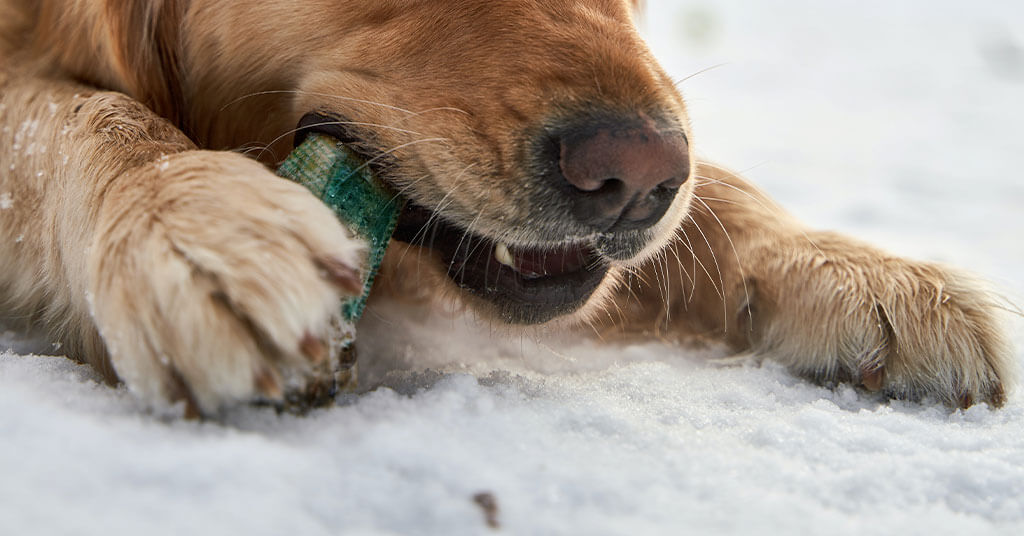
Dog collars are for more than just looks, they’re for your dogs safety. If your dog is a chewer, you need a collar that can resist damage from chewing. There’s no such thing as a chew-proof collar, but some materials fare better than others.
If you have a problem with your dog chewing through a collar, you have a BIG problem. A Dog collar should never fit so lose that a dog can reach it with their mouth. You should only be able to fit two fingers between dog and collar.
Let’s say, theoretically, that your dog still finds a way to chew through their collar.
Here are the only dog collar materials that are truly chew-proof:
- Chain Dog Collar: Chain collars or metal dog collars will keep a dog from chewing. Keep in mind that a stubborn dog may still chew on a metal collar, damaging their teeth, creating a costly vet visit.
- Climbing Rope: There are a few brands that make dog collars out of climbing rope. This is a great material for a dog collar because they’re virtually impossible to chew through.
Best Material For Dogs That Swim
Biothane collars are best for dogs that spend a lot of time in the water
If your dog spends a lot of time in the water, you need a collar that’s easy to clean, doesn’t hold moisture, and repels odors. Biothane is the best choice.
Biothane is a durable, waterproof material that withstands constant exposure to moisture without deteriorating. Unlike leather, which can crack or harden if not properly maintained, or fabric collars, which can retain moisture and develop odors.
Biothane remains flexible, easy to clean, and resistant to bacteria and mold. This makes it ideal for active dogs who love swimming or playing in wet environments. Regular cleaning with water and soap will keep the Biothane collar in excellent condition, ensuring long-lasting performance even in tough conditions.
